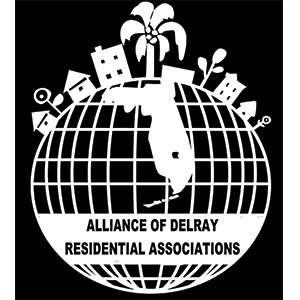EDIS: The Place to Go For Pest Management Information
Disruption of the parasite/predator complex is a major contributor to whitefly. REMEMBER: when you spray insecticides you are killing beneficial insects, i.e. the predators of whiteflies, as well as the pest. By using insecticides you are also chancing the development of resistance to the insecticide and outbreaks of secondary pests which may explain why we are now hearing more about the Rugose Spiraling Whitefly after the use of insecticides on Fig Whitefly for the past few years.
Whiteflies have been documented to exist and attack various species of fruit and ornamental plants since the early 1900’s (Berger in 1909 described the Cloudywinged Whitefly, Cardin’s Whitefly has been spotted in Florida since 1917). You can listen to your exterminators and landscapers and property managers, but most importantly, become an informed consumer by visiting the websites links at the end of this posting which are generated from the University of Florida. You may come to the conclusion to apply Darwinian principles to your garden, i.e. let nature take its course and “survival of the optimum.” Also, you should be aware that many of the pesticides being used for control of the Whitefly are Neonicotinoids, and although cases of human poisoning have not yet been recorded with its use, signs of toxicity in rats include lethargy, respiratory disturbances, decreased movement, staggering gait, occasional trembling, and spasms. Neonicotinoids do affect fish and birds and several of the products are highly toxic to honeybees. The photo below demonstrates an insecticide kill (from the University of Florida IFAS Extension “Insecticides and Wildlife” article* written by John L. Capinera, Professor & Chairman Dept. of Entomology & Nematology).

Here are three important educational websites for Florida Whitefly and agriculture information articles and one on insecticides and wildlife:
EDIS. Electronic Data Information Source of the University of Florida: http://edis.ifas.ufl.edu/
IFAS. Institute of Food and Agricultural Sciences: http://ifas.ufl.edu/
TREC. Tropical Research and Education Center: http://trec.ifas.ufl.edu/
*Insecticides and wildlife: http://edis.ifas.ufl.edu/pdffiles/IN/IN88100.pdf

Recent Comments